People often ask: Are your recipes healthy? Healthy now means so many different things to different people!
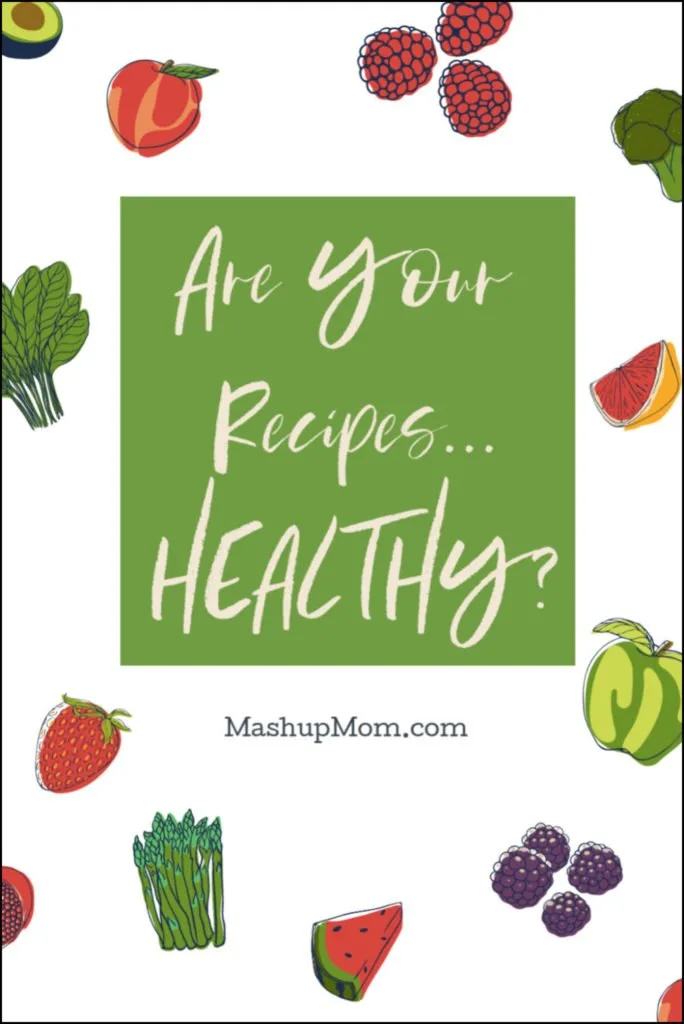
One of the most common questions I receive over here at Mashup Mom is: Are your recipes healthy? Well… to be honest with you, I really have no idea anymore!
Why? Well, what exactly does make a recipe healthy in 2020? Let’s chat a bit about this.
What does healthy food look like in 2020?
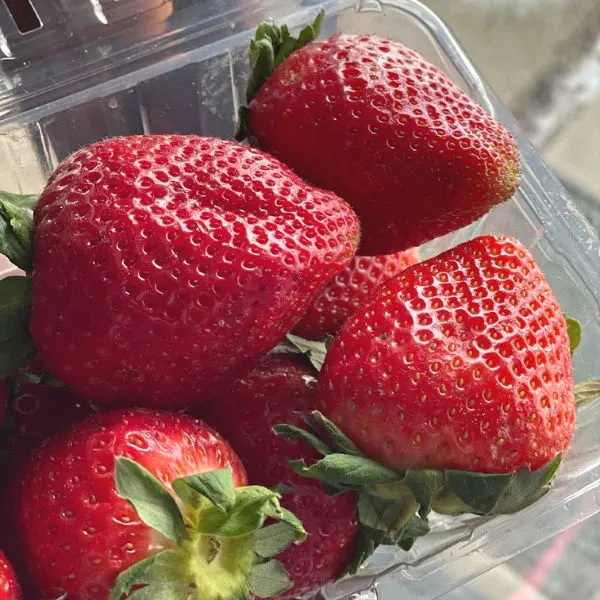
Back in the day, most of us once shared a basic understanding and mental image of what healthy food looks like. As we fast forward to 2020, however, we’ve pretty much lost any pretense of having a common vocabulary. “Healthy” is now a loaded term that depends on your perspective, your beliefs about food, and the diet that you and your family choose to follow.
When I see people talking about my recipes, some are really excited about the “healthy” meal plans… while others are equally turned off by the “unhealthy” recipes on the site. Generally, that unhealthy label is bestowed upon any recipe that incorporates any food forbidden on a given diet, ranging from carbs, to animal products, to fats, to legumes.
What makes a recipe healthy?
Let me just grab a few random recipe examples here to show you what I mean.
Is this cheesy chicken & spinach skillet recipe healthy?
- If you’re following a keto diet, sure: It’s high in protein and fat, but low in carbohydrates.
- If you’re following a low fat diet, nope: It’s clearly much too high in fat.
- If you’re following a dairy free diet, nope: Look at all that cheese.
- If you’re following a Whole30 diet, nope: Again, dairy.
- If you’re following a vegan diet, nope: Meat + cheese = bad.
- If you’re following an anti-inflammatory diet, nope: Too high in saturated fat.
(I’m not picking on or singling out particular diets here and in the below examples, by the way; these are just the first that spring to mind.)
Is this chopped chicken avocado tomato cucumber salad recipe healthy?
- If you’re following a low carb diet, sure: This chopped salad is low in carbs, and incorporates protein and fats.
- If you’re following an AIP diet, nope: As nightshades, tomatoes are a no, and this is cheap conventional chicken.
- If you’re following a no-lectin diet, nope: Tomatoes are out, I didn’t de-seed the cucumbers, and the chicken wasn’t pasture raised.
- If you’re following a lower fat diet, sure: Not bad overall, and avocados are “good” fats.
This colorful recipe seems more along the lines of what we used to think of as “healthy,” but today? We can’t all agree.
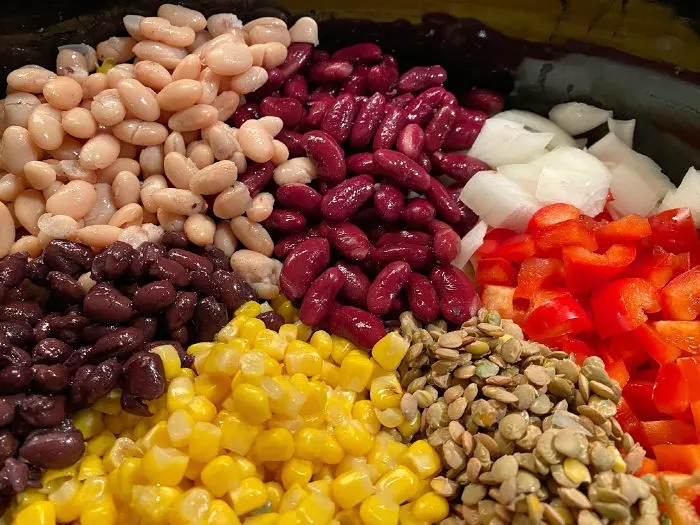
Is this vegetarian three bean & lentil chili recipe healthy?
- If you’re following a vegetarian diet, sure: It’s a good protein-packed alternative to meat based chilis.
- If you’re following a keto diet, nope: So many carbs.
- If you’re following an AIP diet, nope: Beans & nightshades aren’t allowed.
- If you’re following a Whole30 diet, nope: Legumes and sugar.
- If you’re following a clean eating diet: Probably not, given the conventional canned foods + brown sugar used here.
And then I had to go and add cheese on top of my serving, just to muddy the matter further…
Is this edamame & mushroom fried rice recipe healthy?
- If you’re following a low sodium diet: Probably not, because soy sauce.
- If you’re following a vegetarian diet: Probably, given the balance here between carbs + protein + veggies.
- If you’re following a low carb diet: Nope, rice and edamame are right out.
- If you’re following a low fat diet: This one doesn’t look so bad, does it.
- If you’re avoiding refined carbs: I should have used whole grain brown rice instead of white.
- If you’re following a Paleo diet: Soy is out, so soy sauce and edamame make this one unhealthy.
This vegetarian fried rice is a colorful Meatless Monday recipe idea… but whether it’s healthy or not, you have to be the judge.
Yes, but answer the question: Are your recipes healthy?
Here’s my own thinking on what makes a recipe healthy, because even in my own mind, some of the recipes on this site are “healthier” than others. But what I’m trying to accomplish overall is to:
- Cook at home;
- Incorporate a variety of foods;
- Include more vegetables and whole foods than I do processed foods;
- And, keep everything affordable and practical.
That’s it, in a nutshell. Eating a variety of recipes and deliberately incorporating a variety of unprocessed foods means that “healthy” tends to average itself out, over the course of what we eat across a given week. One night we might eat higher in carbs, one night we might eat higher in fat, one night we might eat a ton of veggies, one night we might, honestly, fall into a frozen pizza.
Real food meets real life
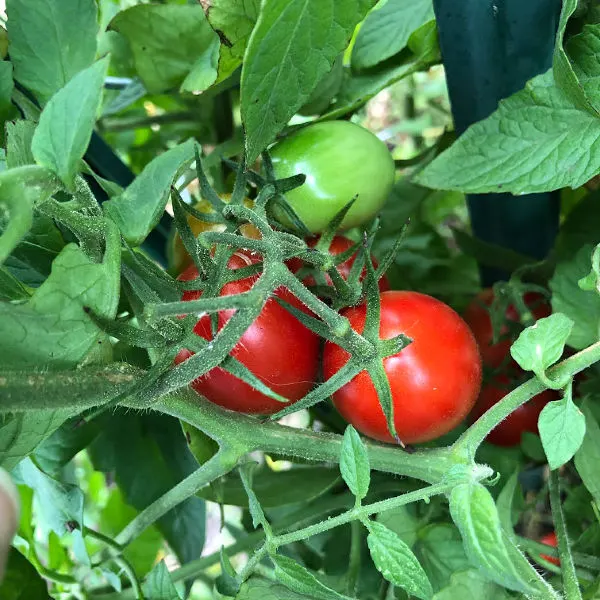
The “real food meets real life” tagline here isn’t just for show; it’s an underlying philosophy. If most of what we eat is “real” food — as real people living in the real world — then the rest largely takes care of itself.
Diets come and diets go, but I think that things tend to fall into place on their own when you focus on the basics. (Of course, this is all with the understanding that underlying issues genuinely requiring a restricted diet are a different story.)
The language we use about food
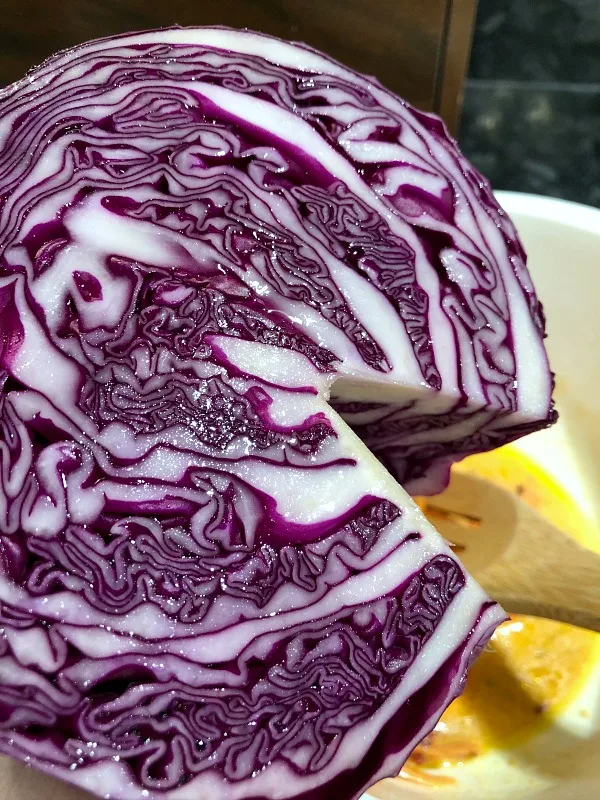
The language that we choose to use about our food says a lot about our relationship with what we eat.
- Healthy
- Clean
- Toxic
- Good
- Natural
Instead of looking at foods as clean or dirty, good or bad, natural or unnatural, I think it’s more useful to think about: Am I taking in a variety of foods? Am I eating more whole foods than I am highly processed foods? Am I following my body’s cues to stop when I feel full? Am I eating foods that fill me up, or foods that leave me craving more? Do the foods I eat leave me feeling energized and able to function well, or do they leave me logy and unable to focus? Does cooking this recipe at home keep me from buying fast food, or from eating an ultra processed pre-cooked meal?
But Rachel, aren’t you being hypocritical?
Let’s address the elephant in the blog: What about that thing you were doing where you were limiting refined sugar? Isn’t that in itself making value judgments about what foods are healthy & unhealthy?
Fair point. I’m going to write a separate post another day updating you on that whole series, but what I learned over a couple years of chronicling my eating adventures there goes back to a couple of points from the previous section: Do the foods I eat leave me feeling energized and able to function well, or do they leave me logy and unable to focus? Am I taking in more whole foods than highly processed foods?
For me, consuming too many added sugars tends to affect my focus, my overall well-being, and my ability to enjoy a variety of whole foods. This includes both added sugars in the form of desserts, and the added sugars that are hidden in so many of the processed foods that we eat. That’s actually part of why my overall philosophy of “healthy” now boils down to: Cooking at home, emphasizing whole over processed foods, and eating a variety of foods — Because all of that inherently limits added sugars.
Highly processed foods skew the whole “what is healthy?” conversation, because of everything companies deliberately add to them to make them addictively delicious. We’re no longer comparing apples to apples… as it were.
Making recipes healthy for you
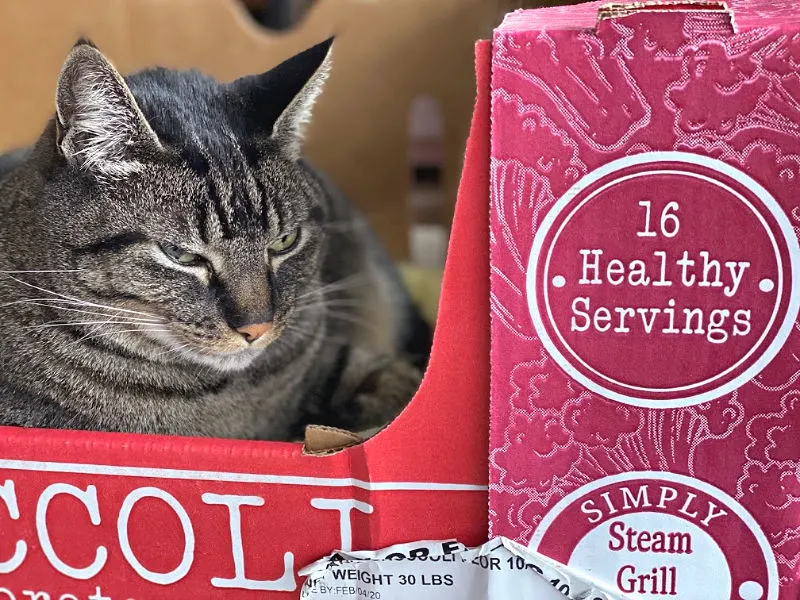
The second most common question I get after “are your recipes healthy?” is whether I have separate weekly meal plans for specific diets: Keto, gluten free, low fat, vegetarian…
At the moment I do not, but I am considering putting together some general ALDI meal plan packages for specific diets — I’ll keep you all posted on that!
In the meantime, whether you start with my meal plans here or use anyone else’s, it’s useful to think about how to modify recipes and meal plans to work for your own family’s dietary needs — and to qualify for what you consider to be healthy. In many cases, a substitution here or a tweak there is sufficient to make a recipe “healthy” by a given definition of the term.
For instance, let’s play a little with the edamame & mushroom fried rice recipe we talked about above:
- To lower the carbs, substitute cauliflower rice for white rice, and substitute lower carb veggies of choice for the edamame (sweet bell pepper and broccoli would work).
- To make it vegan, omit the egg.
- To make it soy free, substitute coconut aminos for the soy sauce, and substitute veggies of choice for the edamame.
- To make it gluten free, substitute GF tamari for the soy sauce.
When looking at a recipe, think about whether a substitution or two will make it healthy for you, or whether you should move on and look for a different recipe altogether.
So, are my recipes healthy?
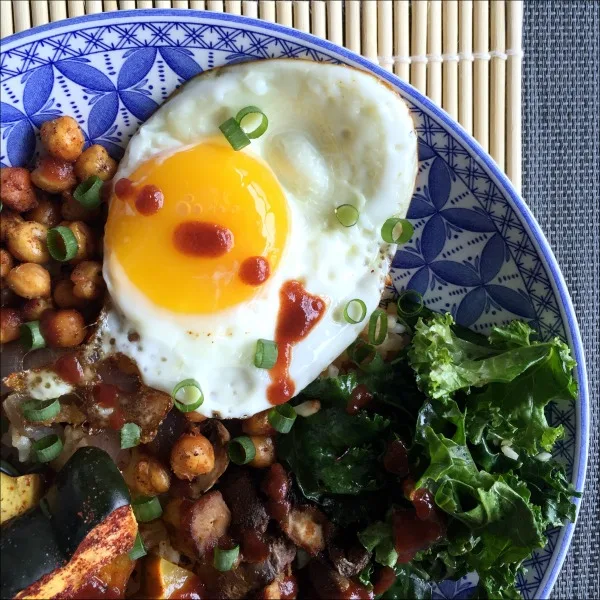
Are my recipes healthy? You tell me. 🙂 Too often, “healthy” is a loaded and judgmental term; instead, let’s embrace variety, and listen to what works for us and our own bodies. I’d love to hear your thoughts on this topic, too!

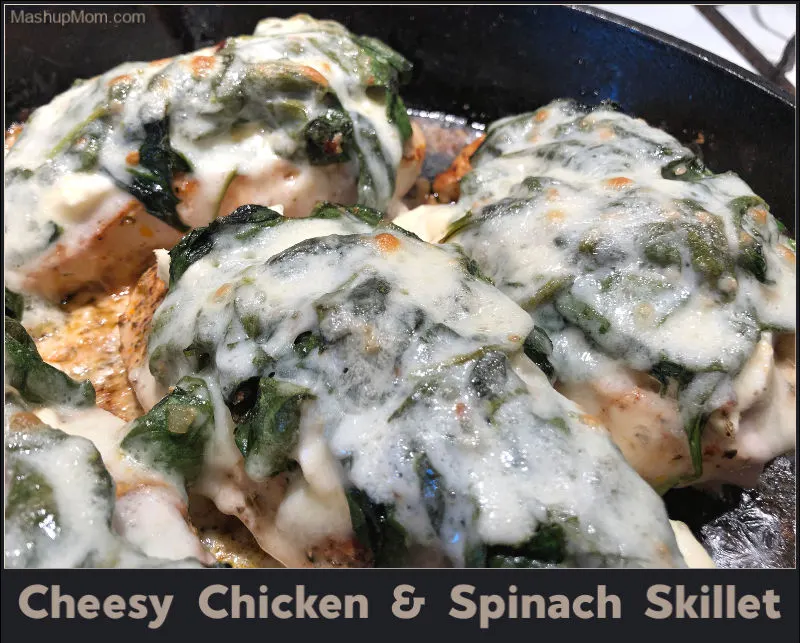
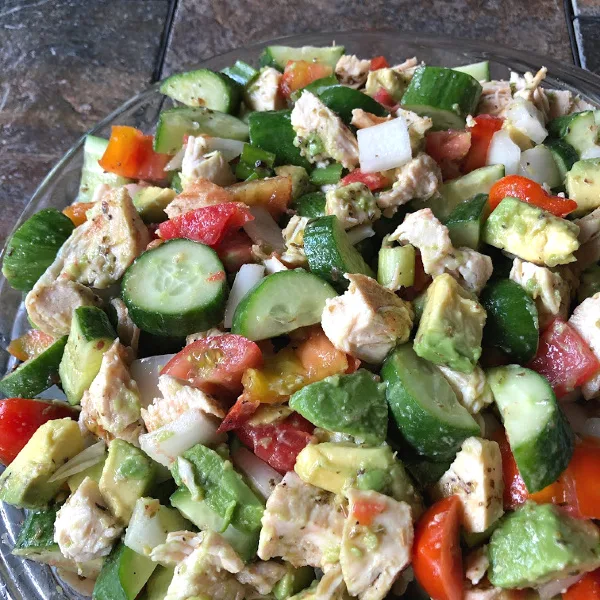
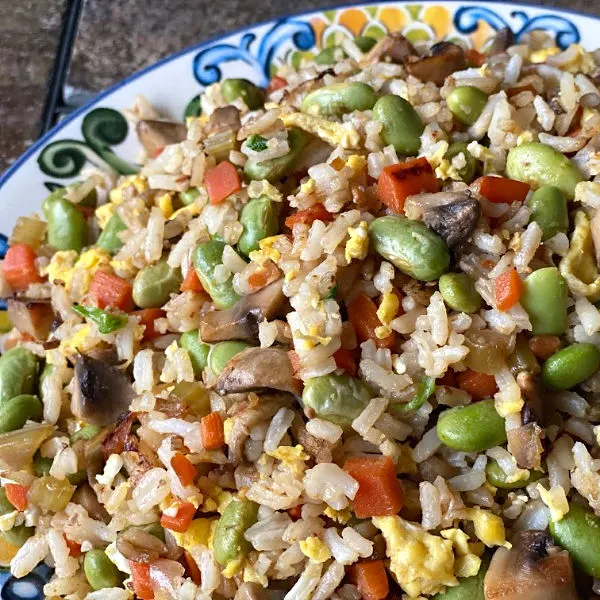
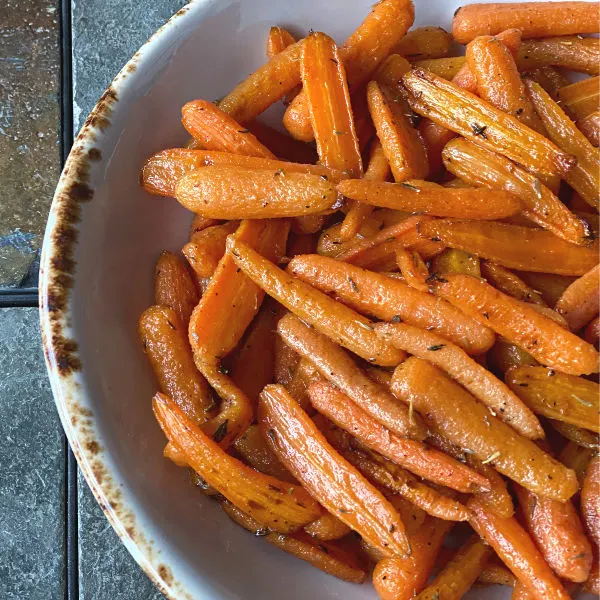


Jenn
Thursday 19th of March 2020
There's a reason I've been using your meals plans for over a year now, and tell ALL of my friends about them (even got my nutritionist looking at it). They are real food diets, that real normal people can afford to purchase the ingredients for. I'm eating so much fresh produce than I was before, and my kids are trying new foods that I normally wouldn't cook.
jane
Sunday 15th of March 2020
Great post! I can certainly find plenty of recipes here that seem to be healthy for me. Like you, I am trying to cook a variety of mostly unprocessed whole foods at home. That seems like a good, healthy start!
Rebekah Barney
Saturday 22nd of February 2020
I absolutely love your recipes and in my book they are definitely “healthy”. I buy more produce every week now that I’m following your plan and am proud to say that we EAT all the fruits and veggies!! :) Thanks for all you do, you’re literally a life saver for busy moms like me who want to serve whole, home cooked meals to their family. I recommend your blog to other moms all the time!
EF
Friday 21st of February 2020
To me, your meals are "healthy." And also delicious, easy, and a good value even though I can't always shop at Aldi due to distance. Thank you so much for what you do! I've also gotten my mom using your recipes now.
Sheri
Wednesday 19th of February 2020
I appreciate your illustrations as to the healthiness of your meals. We have enjoyed your meal plans and recipes for quite awhile now. My daughter has also begun using them for her family. Please keep providing these delicious, affordable, and very nutritious meal plans and recipes for Aldi shoppers! They e made a real difference for our families!🙂